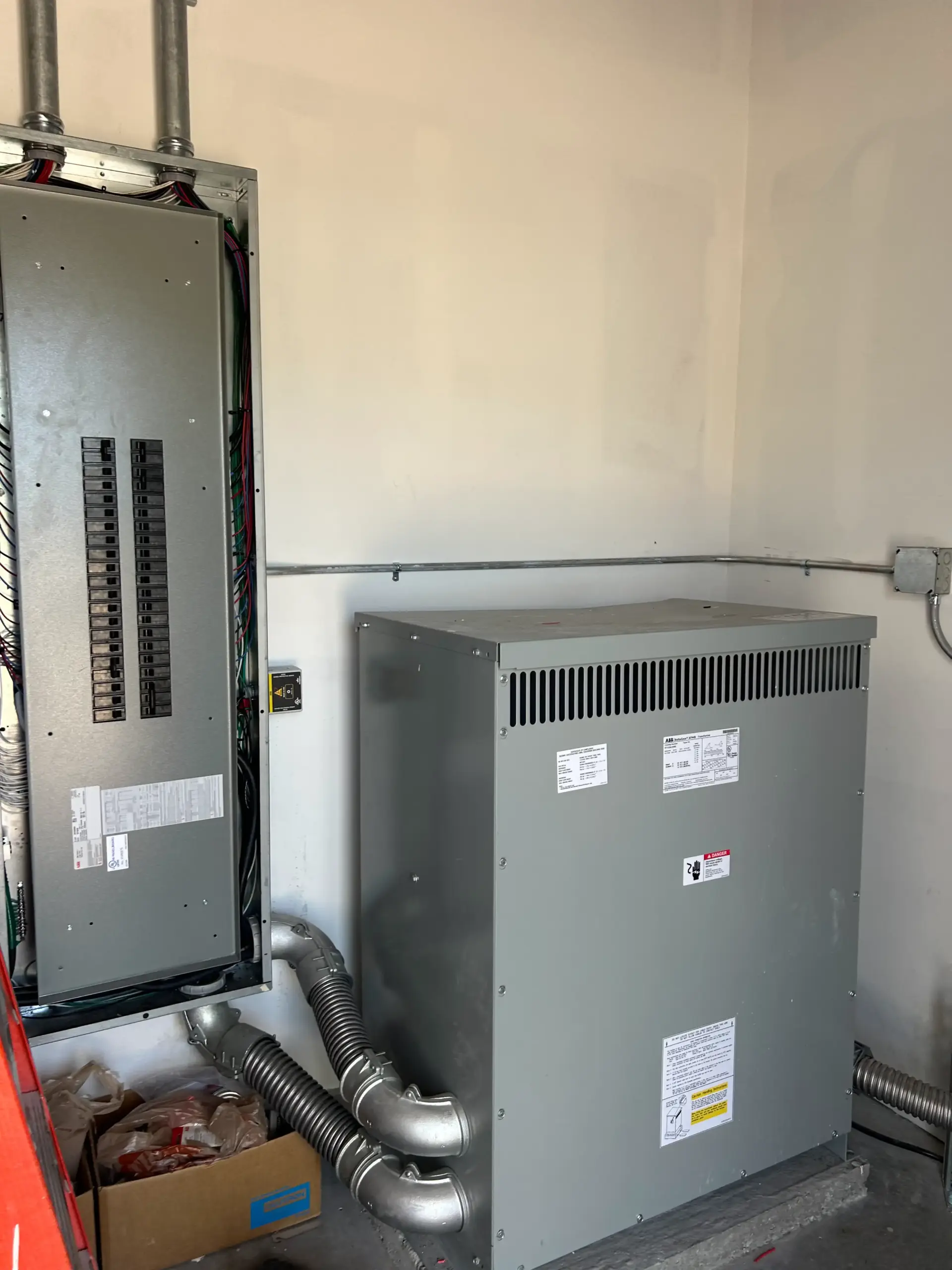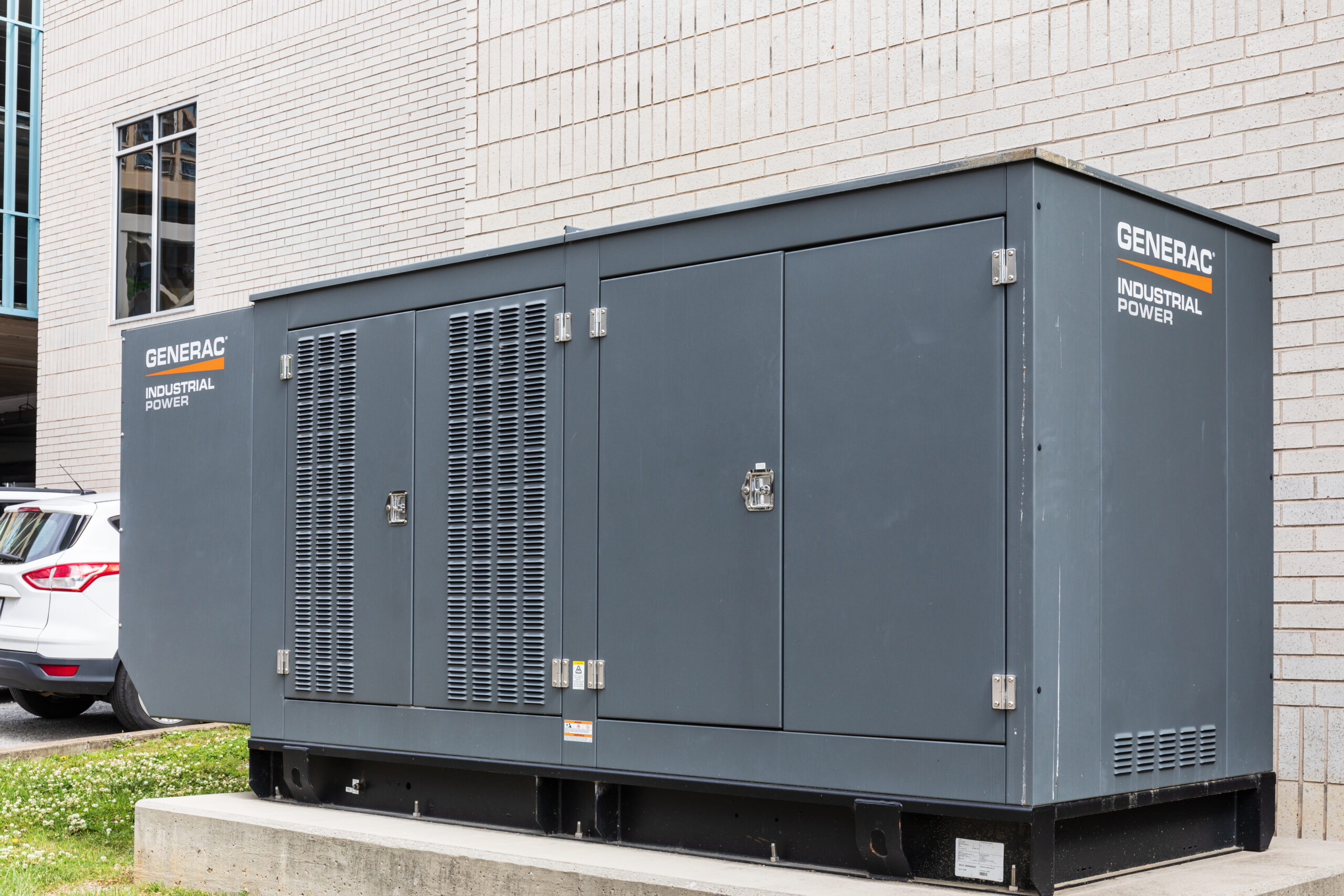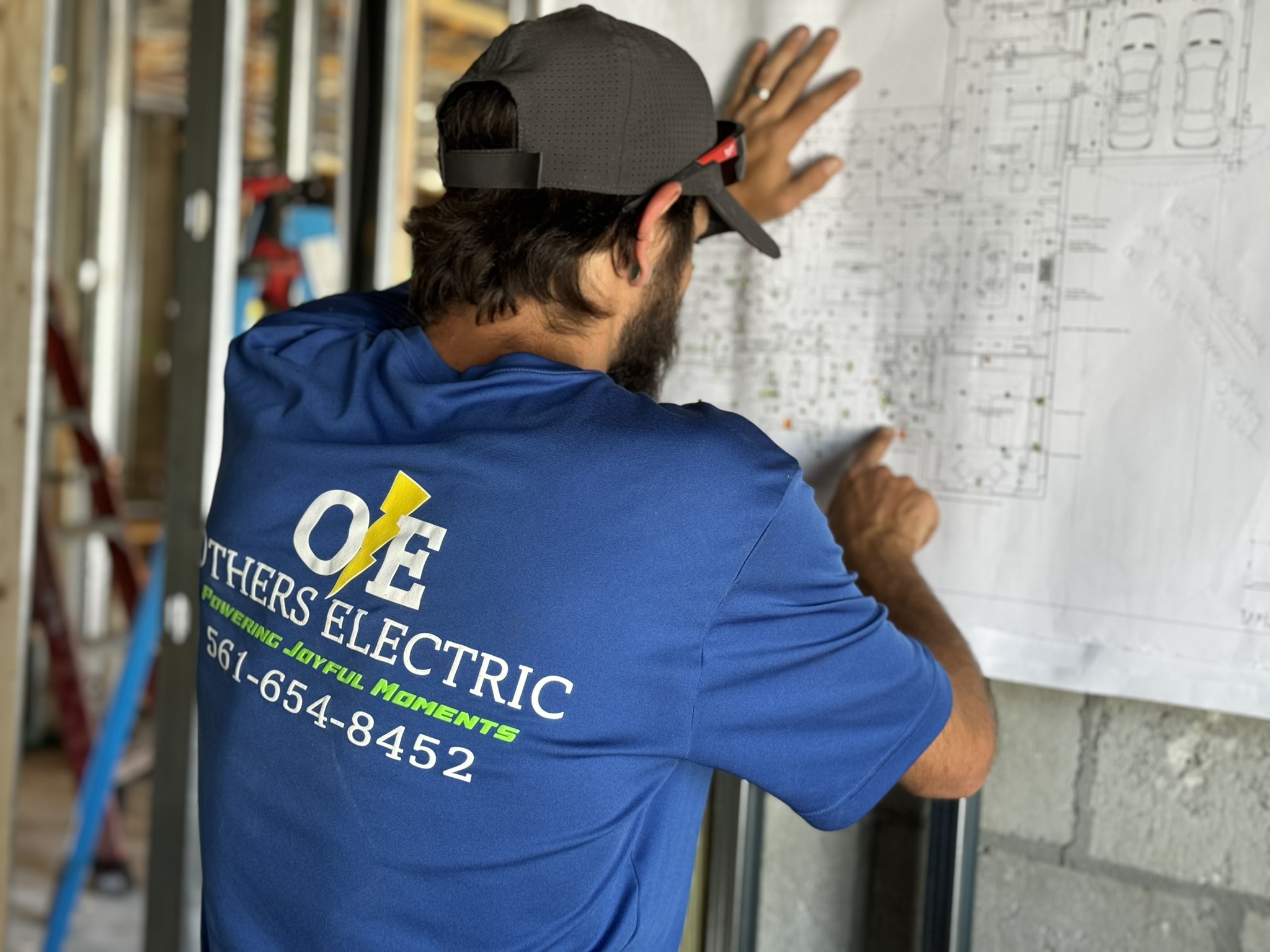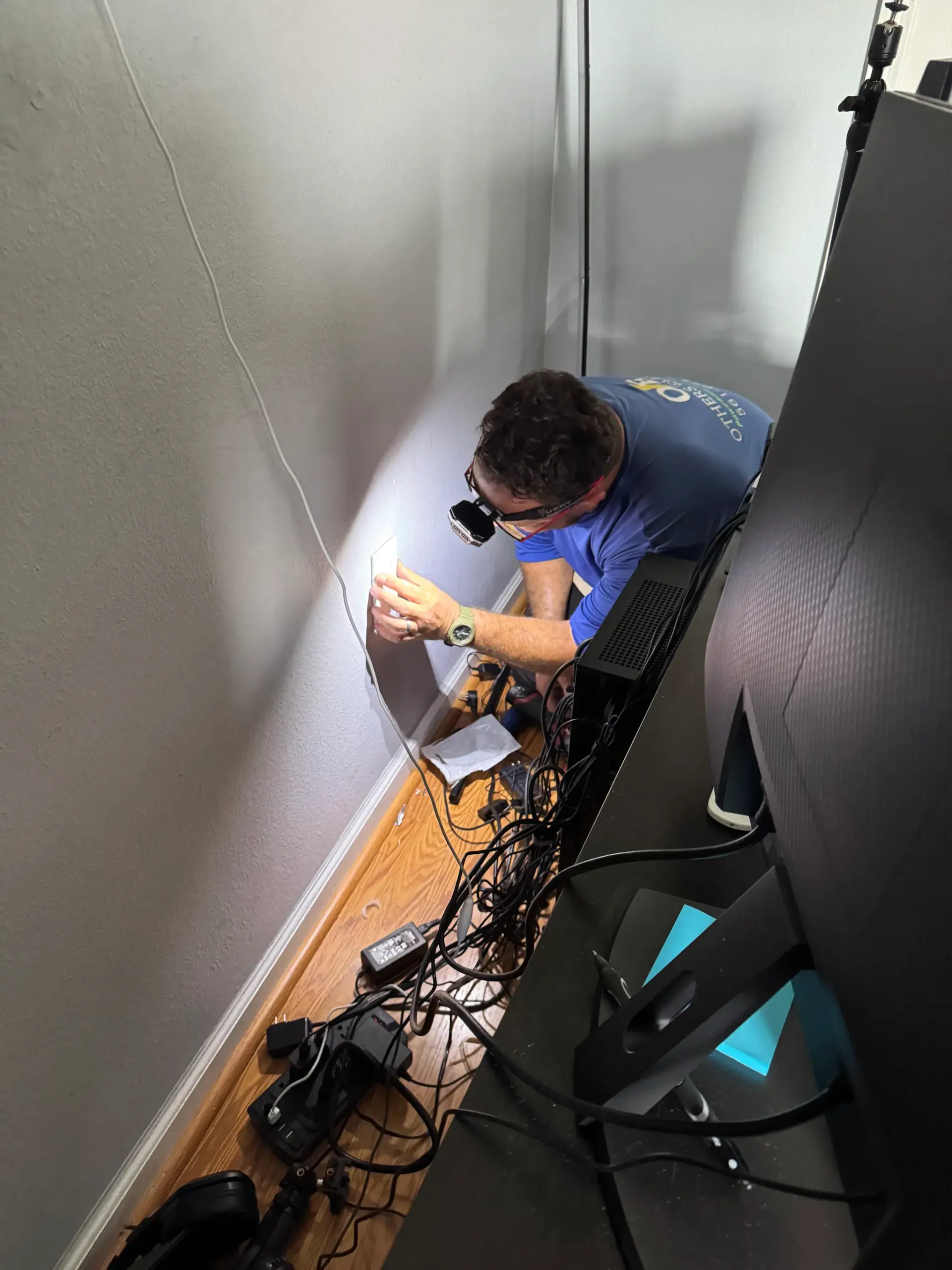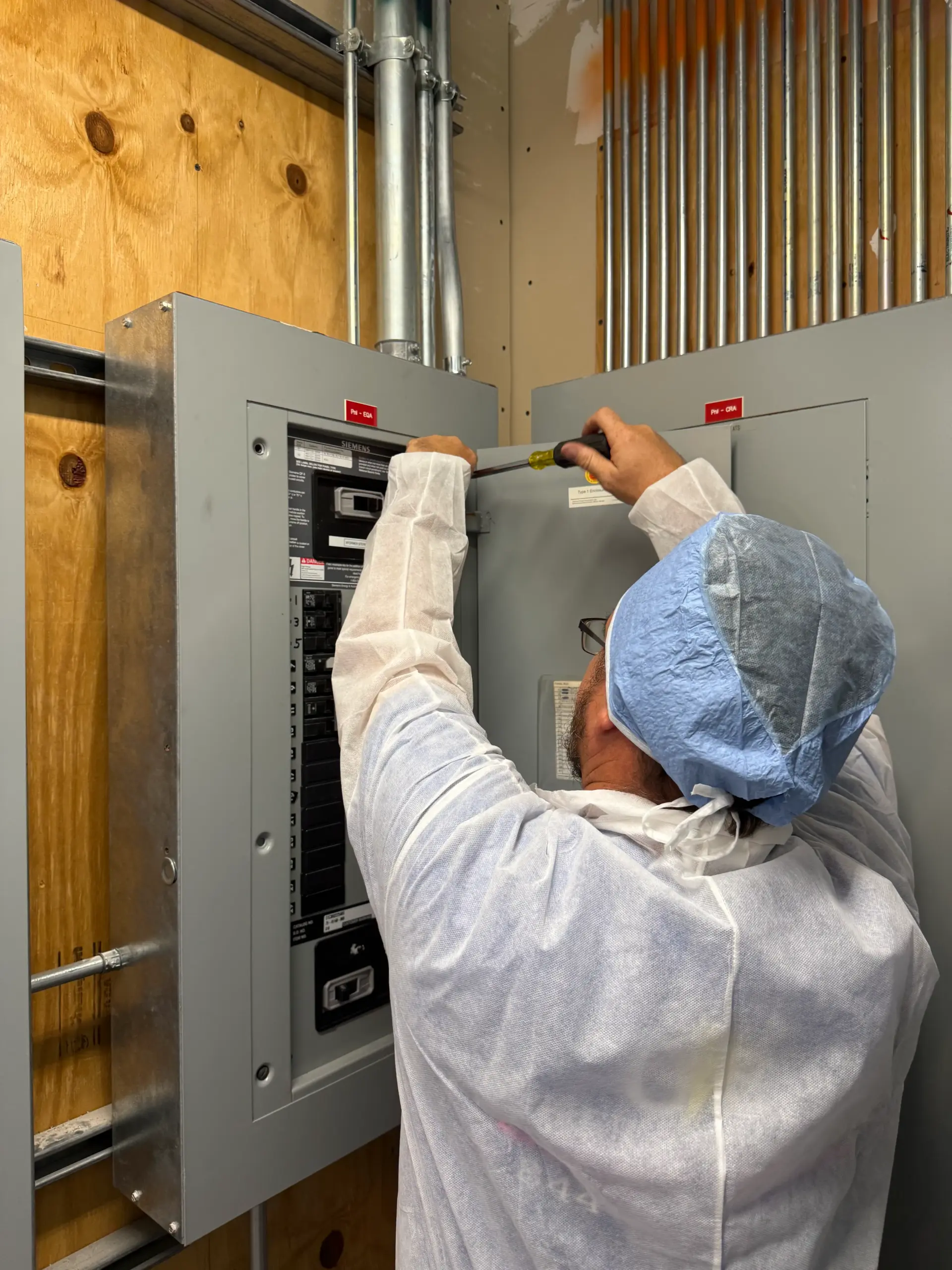As solar energy continues to gain popularity across Florida, many homeowners are asking the same important question: how do solar panels work with your electric bill? The idea of reducing monthly utility costs while investing in a more sustainable future is appealing, but the mechanics behind solar billing can be complex. This article breaks down how solar panels interact with your electric bill, including net metering, utility credits, and ways to maximize your energy savings.

Understanding Solar Energy Production
Solar panels, or photovoltaic (PV) systems, convert sunlight into direct current (DC) electricity. An inverter then transforms that into alternating current (AC), which your home’s electrical system uses to power everything from lights to appliances. But production doesn’t always match consumption. Some days your panels may produce more electricity than you need; other days, especially during storms or at night, you’ll draw more power from the grid.
This push and pull between solar generation and grid reliance forms the foundation of your electric billing relationship.
What is Net Metering?
A key factor in understanding how solar panels work with your electric bill is net metering. Net metering is a billing mechanism that credits solar energy system owners for the electricity they add to the grid. For example, if your system produces more energy than your home consumes during the day, the excess power flows back into the grid, and your utility provider gives you credit.
Later, when your home draws electricity from the grid (like at night or during cloudy weather), you use those credits to offset the cost. This system effectively allows you to “store” solar energy as bill credits, reducing your monthly out-of-pocket costs.
The U.S. Department of Energy highlights net metering as a key financial incentive that supports wider adoption of solar technology.
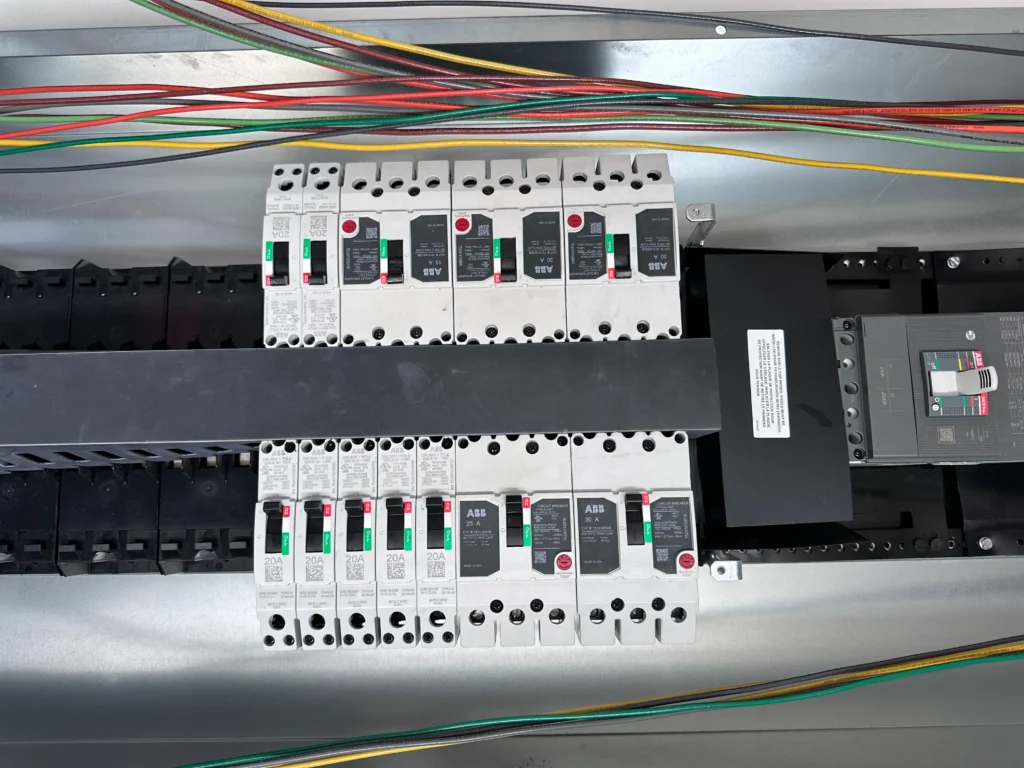
How Your Electric Bill Reflects Solar Use
Once your solar panels are operational and connected to the grid, your electric bill will begin to reflect this change. Depending on your utility company, your bill may include several line items:
- Energy Consumption: This is the amount of electricity you pull from the grid.
- Solar Credits (Net Metering): This shows how much solar power your system sent to the grid.
- Net Usage: The difference between what you consumed and what you exported.
- Customer Charges: Flat fees for maintaining your utility connection.
If your solar system is sized well and your energy use remains efficient, you might end up with a near-zero bill or even a credit to roll over to the next month. However, many Florida utilities have minimum monthly charges regardless of net usage.
Utility Rates and Time-of-Use Billing
When evaluating how solar panels work with your electric bill, it’s also essential to understand your utility’s rate structure. Some providers use time-of-use (TOU) rates, where electricity costs more during peak demand hours (typically late afternoon and evening) and less during off-peak times.
Solar energy production often peaks midday, when the sun is strongest. If your utility uses TOU billing, aligning your consumption with peak production—or storing energy with a battery—can increase your savings.
To explore how TOU rates may apply in your area, visit your local utility provider’s website or consult with a licensed solar installer.

Batteries and Energy Storage Considerations
Installing a battery system alongside your solar array can help you manage your electric bill more effectively. With batteries, excess solar power is stored onsite for later use, allowing you to reduce grid dependence even further.
This is particularly useful during blackouts or after hurricanes when the grid may be down. Batteries provide critical backup power and help you retain energy savings when net metering credits are limited or unavailable.
The National Renewable Energy Laboratory (NREL) provides detailed insights on how batteries improve the efficiency and economics of residential solar energy systems.
Incentives and Tax Credits
Understanding how solar panels work with your electric bill also means exploring available financial incentives. Florida residents benefit from a statewide property tax exemption on solar installations, as well as a federal solar Investment Tax Credit (ITC).
This credit allows homeowners to deduct a percentage of the cost of installing a solar energy system from their federal taxes. These incentives significantly reduce your payback period, accelerating the point at which solar becomes a net financial gain.
For more detailed eligibility information, the DSIRE database is a leading source for up-to-date solar incentives across the United States.
Partnering With Electrical Professionals
While solar panel installers handle much of the design and setup, working with an experienced electrician ensures your home’s electrical system is compatible and safe. Load balancing, panel upgrades, and surge protection are all essential to optimizing your solar investment.
Others Electric offers residential electrical services across Florida’s East Coast, helping homeowners transition to solar with confidence. Their team evaluates your current system, makes necessary upgrades, and ensures your solar setup supports long-term efficiency.

Conclusion
So, how do solar panels work with your electric bill? They help reduce or even eliminate what you owe each month by producing clean energy, generating credits through net metering, and providing backup support when paired with batteries. Your savings depend on system size, energy habits, rate plans, and proper installation.
With professional guidance and smart energy planning, Florida homeowners can take full advantage of the state’s abundant sunshine. To ensure your electrical system is solar-ready, call on us, Others Electric. For additional information, check out the Department of Energy, NREL, and DSIRE resources for solar policy and guidance.


